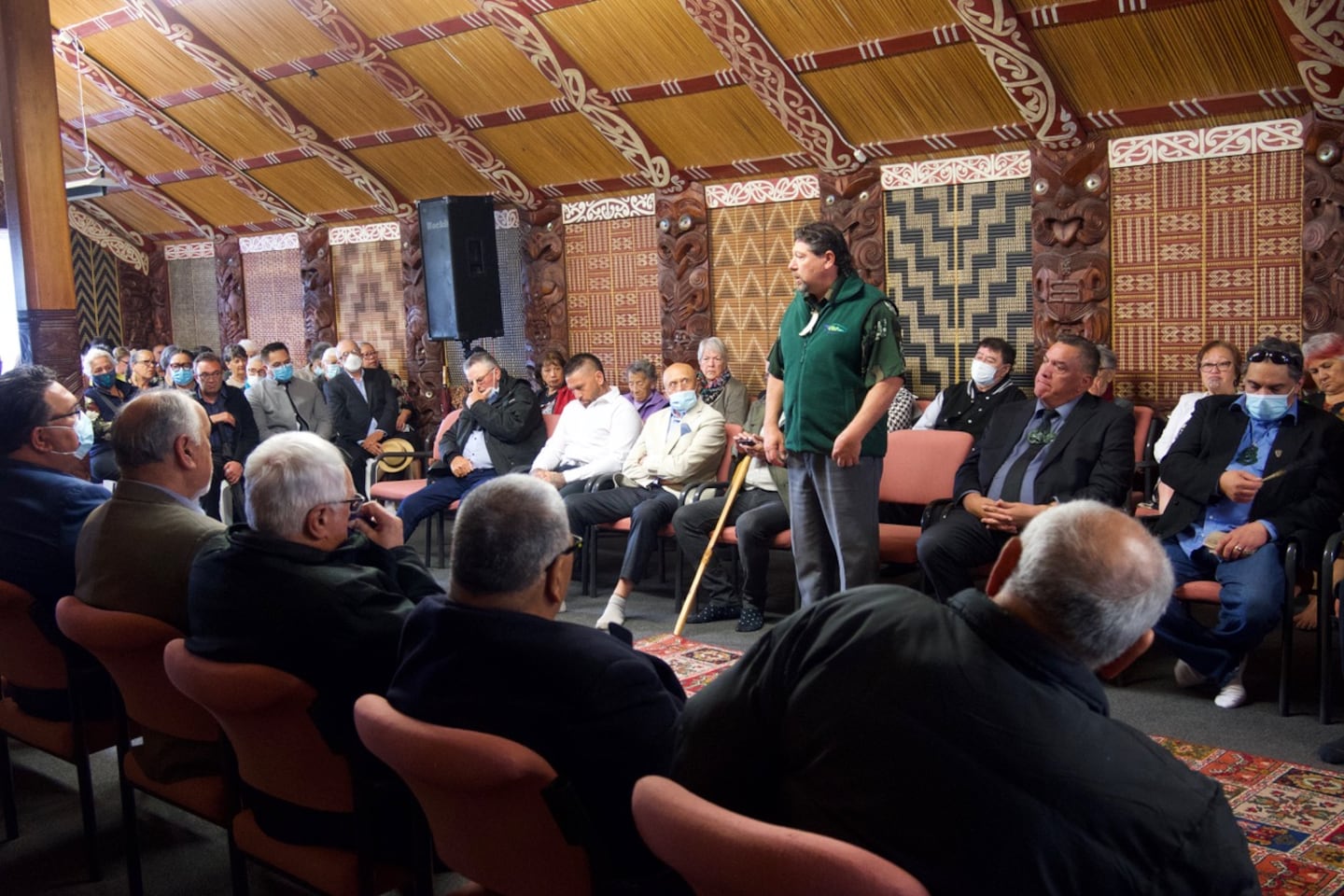Ōtaki hapū will begin presenting their claims to the Waitangi Tribunal at Raukawa Marae, Ōtaki on Monday.
Spokesperson Denise Hapeta says the main issue for Ngā Hapū o Ōtaki is “the taking of their whenua”.
In Ōtaki the hapū have lost large tracts of land, she says, despite their tūpuna gifting land to the community, such as the whenua where Te Wānanga o Raukawa now stands. That land was given to the Church Mission Society to establish schooling for the community like the Ōtaki Native Boy’s School, now the site of the wānanga, says Hapeta.
“Despite the behaviour of the Crown, Ngā Hapū o Ōtaki continue to be generous to the community and to its people,” she says.
The loss of te reo Māori is another major issue for the hapū, notwithstanding language revitalisation efforts. “There’s still a long way to go,” says Hapeta.
Ngāti Pare and Ngāti Maiotaki hapū from Raukawa Marae and Ngāti Huia ki Katihiku hapū from south of Ōtaki River will all make presentations to the tribunal.
A broad range of issues will be addressed including environmental and mana wāhine issues.
Iwi historians Te Kenehi Teira and Heeni Collins are set to present research reports on Ngāti Raukawa’s contribution to Aotearoa’s war efforts overseas, while a further report will be tabled about the iwi’s customary interests within the Ōtaki area.
Other Ōtaki hapū will commence their presentations in November and continue through until next year.
This is one of the larger Treaty of Waitangi claims to be heard throughout the country. It commenced in 2020 in the Manawatū and has progressed south to its conclusion in Ōtaki next year.
The original claim was lodged in 1989 by kaumātua Whata Karaka Davis, Ngārongo Iwikatea Nicholson, Te Maharanui Jacob and Pita Richardson, who have all now passed on.

